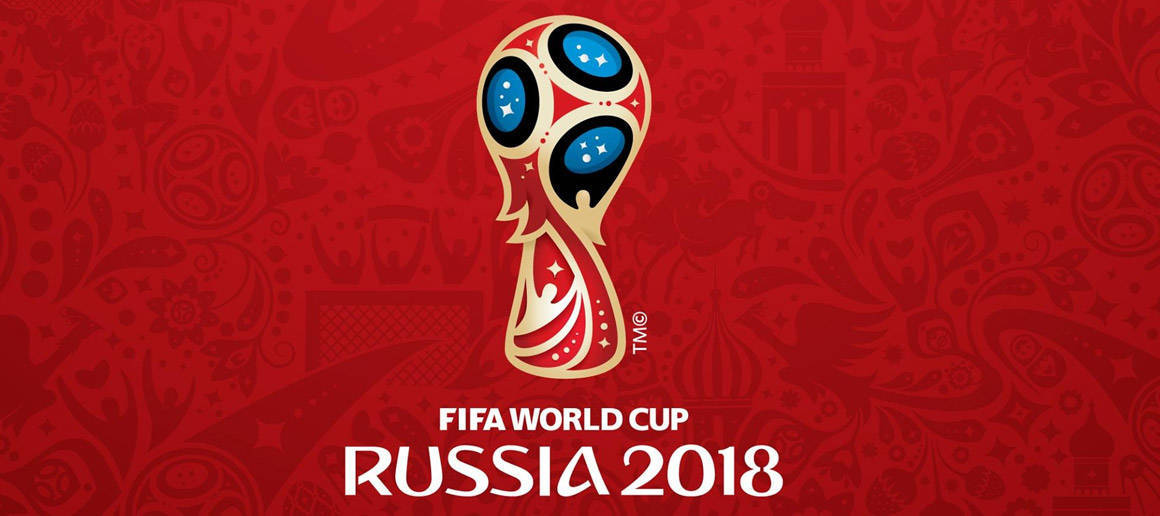
As you are surely counting down the days this summer until you return to Foss Hill again, the world’s most-watched sporting event will appear on television screens near you. No, not the Olympics, or the Super Bowl. Instead, it’s the FIFA World Cup, which will be played in Russia. It may not seem this way here in the States, but the World Cup is a big deal. For the 2014 World Cup in Brazil, 3.5 billion people tuned in, with one billion people watching the final between Germany and Argentina. This year, that number will probably grow even larger, as soccer’s superstars come out to win the most coveted trophy in all of sports.
But behind the glamour of the games and the millions upon millions of fans draped in national garb is the lengthy laundry list of problems from the organization that arranges the tournament: the Fédération Internationale de Football Association, also known as FIFA. You are probably familiar with the name, either because of the World Cup or that soccer video game your friend plays. But FIFA itself is the body responsible for governing world soccer. It is perhaps the most powerful sporting organization in the world with 211 associations sporting membership. In other words, there are more members of FIFA than the United Nations.
FIFA links together the world’s most watched, and most played sport, giving it far-reaching powers and access to a multitude of resources. But FIFA has, for the most part, failed to abide by any moral code. Instead, it has become a dark stain on the beautiful game’s reputation.
Starting with the arrests of FIFA officials in a Zurich hotel in 2015, American and Swiss prosecutors have worked together to arrest FIFA officials, including two FIFA Vice-Presidents. The ongoing Department of Justice investigation has charged more than 40 officials and marketing executives.
These investigations confirmed what many had known for a long time: FIFA was riddled with endemic corruption. The egregious heights of this corruption are, by any means, staggering. For example, the DOJ’s investigation puts the cumulative bribes of television contracts since 1991 to be north of $150 million alone. Brazil, perhaps the world’s most soccer-crazy nation, has felt the full wrath of international prosecutors, where three former presidents of its Football Confederation were charged with corruption. Figures ranging from all over the FIFA hierarchy have been indicted in some way shape or form, showing the deep roots of corruption within the organization. A quick glance at “FIFA Scandals” in Google paints FIFA as an organization more akin to a criminal organization, rather than the governing body of a sport.
FIFA’s staple tournament, the World Cup, has been the centerpiece of its nefarious activities, reaching a crescendo in December 2010, when FIFA decided to award the 2018 World Cup to Russia and the 2022 World Cup to Qatar. The latter met with particular surprise, given the soaring temperatures in the tiny gulf-state. Both decisions have been marred with accusations of vote-buying, with one senior official claiming that he took $1 million in bribes to vote for Qatar. Each of the tournaments have become embroiled in unique scandals, as the Russia World Cup has been plagued by supposed state-sponsored doping program for Russian athletes. The Qatar tournament has been riddled with the accusation of poor working conditions for migrant laborers, with one report by the International Trades Union Confederation estimating that 1,200 workers have died since the nation was given the right to host the tournament.
What’s most striking about FIFA’s web of criminal activity is the wide array of ways in which corruption has leaked through the system. From match-fixing, to broadcasting rights to its handling of the World Cup, to high reaching political links, the story of FIFA reveals the despicable lows the sport has gone through. The current investigation into FIFA has rocked the organization to its core. Apart from the troves of its members fighting in court, FIFA ousted two of its most senior officials: Michel Platini, former President of UEFA (Europe’s Soccer Body), and Sepp Blatter, FIFA’s former president.
But as the World Cup rears its head again, only time will tell whether or not outside forces have changed FIFA’s evil ways. Given, the lack of any meaningful change regarding the awarding of the World Cup, it’s clear that FIFA still has room to grow.
Toby Wertime can be reached at twertime@wesleyan.edu.


